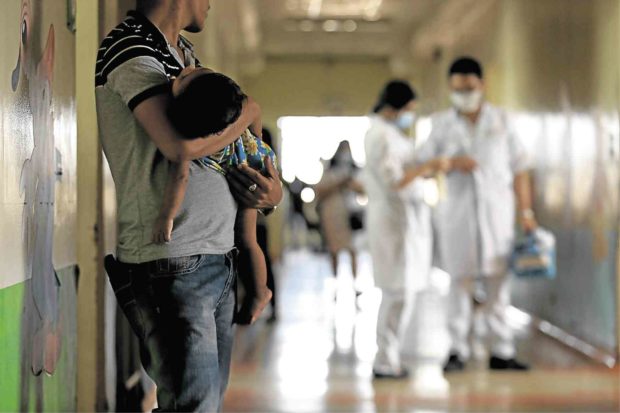MANILA, Philippines — The 2021 budget for the implementation of the Universal Healthcare (UHC) law should still get the full support of Congress despite allegations of rampant corruption within the Philippine Health Insurance Corp. (PhilHealth), Senator Panfilo Lacson said.
“Despite the shameless corruption in PhilHealth, the 2021 Universal Health Care budget deserves full support from Congress,” Lacson said on Twitter Monday. “But we can make our healthcare program more meaningful by immediately putting in jail all those who stole our money, directly or otherwise,” he added.
Despite the shameless corruption in PhilHealth, the 2021 Universal Health Care budget deserves full support from Congress. But we can make our healthcare program more meaningful by immediately putting in jail all those who stole our money, directly or otherwise.
— PING LACSON (@iampinglacson) September 7, 2020
Last week, the House of Representatives began its deliberations on the proposed P4.506 trillion 2021 national budget, which is 9.9 percent bigger than the 2020 budget.
Of this amount, PhilHealth, which is tasked to implement the UHC, is expected to receive P71.4 billion.
The Senate is set to start budget discussions this week.
PhilHealth has been embroiled in fresh allegations of corruption after a sitting board member and a resigned anti-fraud officer claimed that a so-called “mafia” in PhilHealth has allegedly been orchestrating large-scale corruption within the corporation for years.
The Senate Committee of the Whole, which embarked in an investigation into the alleged corruption within the state insurer, recently recommended the filing of criminal charges against several officials, including Health Secretary Francisco Duque III, over the allegedly illegal release of billions of funds under the agency’s Interim Reimbursement Mechanism (IRM).
The IRM is an emergency cash advance measure of PhilHealth to provide hospitals with a crisis fund to respond to natural disasters, calamities as well as other unexpected events.
In the wake of controversies and allegations of favoritism in its implementation, PhilHealth suspended its IRM program but maintained that the reimbursement mechanism is “legal and necessary” for the country’s COVID-19 response.
